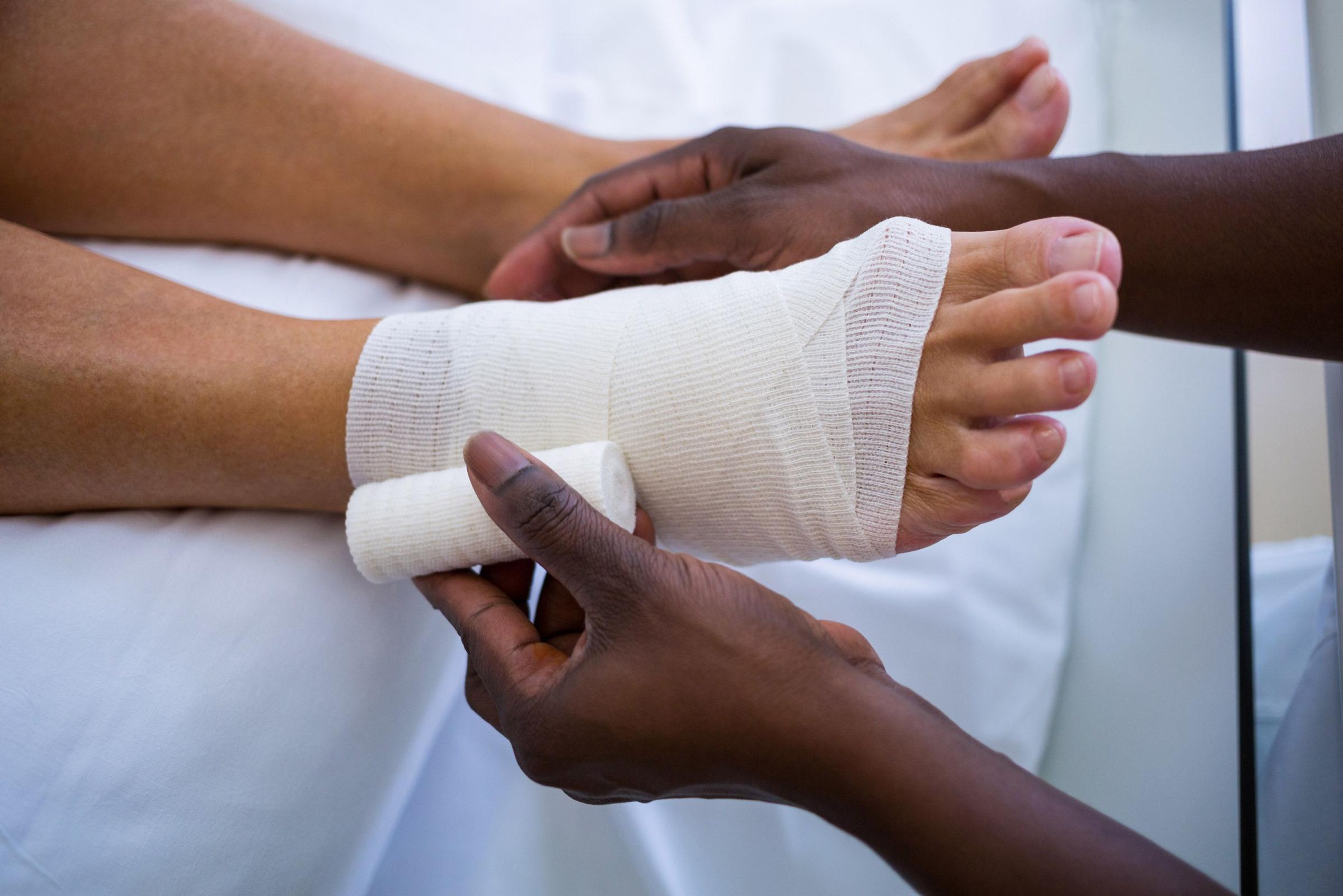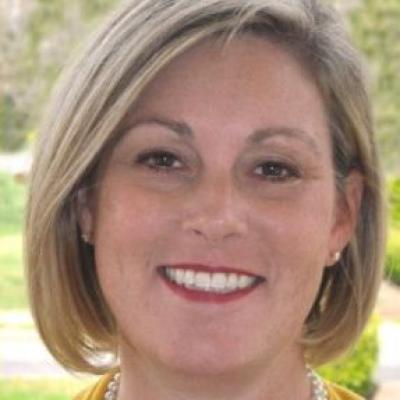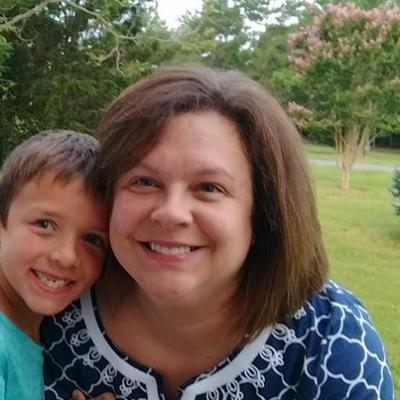
Health Sciences - Pre-Athletic Training |
Bachelor of Science (B.S.) |
The Health Sciences - Pre-Athletic Training Major concentration prepares students for graduate work in the Athletic Training health professions. Health Sciences majors take courses to prepare them for careers in the health sector from both the scientific and psychosocial perspectives and includes several specific concentrations. Health science majors can choose a concentration that focuses on the broader health science track or pre-nursing as a part of their undergraduate studies or one that focuses on graduate programs including: pre-physical therapy, pre-occupational therapy, pre-athletic training or public health.
Students are active in planning their course selections and potential internship opportunities related to their specific concentration within the Health Sciences program.
Athletic Trainers Work In:
- Public and private secondary schools, colleges and universities, professional and Olympic sports
- Youth leagues, municipal and independently owned youth sports facilities
- Physician practice, similar to nurses, physician assistants, physical therapists and other professional clinical personnel
- Rural and urban hospitals, hospital emergency rooms, urgent and ambulatory care centers
- Clinics with specialties in sports medicine, cardiac rehab, medical fitness, wellness and physical therapy
- Occupational health departments in commercial settings, which include manufacturing, distribution and offices to assist with ergonomics
- Police and fire departments and academies, municipal departments, branches of the military
- Performing arts including professional and collegiate level dance and music
Fast Facts
- Athletic trainers provide medical services to all types of patients, not just athletes participating in sports, and can work in a variety of job settings. Athletic trainers relieve widespread and future workforce shortages in primary care support and outpatient rehab professions and provide an unparalleled continuum of care for the patients.
- Athletic trainers improve functional outcomes and specialize in patient education to prevent injury and re-injury. Preventative care provided by an athletic trainer has a positive return on investment for employers. ATs are able to reduce injury and shorten rehabilitation time for their patients, which translates to lower absenteeism from work or school and reduced health care costs.
- Health science has more than 20 major fields of study that range from lab research, global health, maternal & child health to the diversity of environmental and behavioral health. Moreover, they can also serve in administrative roles in non-profits, large health care systems & governmental health agencies.
- Public health careers are growing from 8-15% in such areas as: health education, community health, epidemiology & environmental specialist. Salaries range from $40,000 to over $100,000 (Bureau of Labor Statistics, 2018).
- Both Athletic Trainers & Occupational Therapists require a master’s degree, while Physical Therapists are now required to earn a doctoral degree to enter into practice, and all require certification exams in their specialties.
- Healthcare occupations are projected to add more jobs than any of the other occupational groups. According to the Bureau of Labor and Statistics, employment in healthcare occupations are projected to grow 15 percent from 2019 to 2029, much faster than the average for all occupations, adding about 2.4 million new jobs.
Explore Experiental Major Map
 Use this map to help plan and guide your experience at Limestone. Each student’s experience is unique so please keep in mind the activities outlined in this map are suggestions and can be tailored to you! Always consult with your advisors whenever possible for new opportunities and updates.
Use this map to help plan and guide your experience at Limestone. Each student’s experience is unique so please keep in mind the activities outlined in this map are suggestions and can be tailored to you! Always consult with your advisors whenever possible for new opportunities and updates.
Course Requirements
Requirement Notes
- Limestone's required Competency & General Education courses
- A total of 120 credit hours
- The required courses listed below (72 credit hours)
- Additional Biology course (BI101 or 110) (Note: some graduate programs may require BI102) (4 credit hours)
- A Chemistry course (CH105 or 110) with a lab (Note: some graduate programs may require 8 hours) (4 credit hours)
Natural Science and Math electives, including a minimum of 2 laboratory courses, from the following: BI102 or 250-level or above; CH111 or 300-level or above, HS250, HS301, PH200-level or above, MA319.
- Two additional Psychology or Sociology courses (6 credit hours)
* This major includes one AWE course (3 credit hours)
Students must complete 30 total credit hours at the 300-level or above.








